Taranum
Get Real Experts on your side
Before venturing to seek career counseling, answer a few basic questions so we can connect you with our best expert counselor for personalised guidance and mentorship.




Taranum
11/07/2025
Following the retirement of Professor Mamidala Jagadesh Kumar from the UGC chairman position at the age of 65, Vineet Joshi was appointed as the new UGC chairman on 11 April 2025. The appointment took place with the Ministry of Education. He was the current secretary of the Department of Higher Education.
Today, in this blog, we will be discussing the appointment of the new UGC chairman, Vineet Joshi. Here we will be talking about its educational background. Today's blog will greatly benefit many stakeholders and Indian universities, as they closely monitor the impact of the new policy under the transformative agenda of NEP 2020 following its appointment.
Who is the New UGC Chairman?
The New UGC Chairman is Dr. Vineet Joshi, who was the chief secretary of Manipur. He was born on 2 November 1968, in Uttar Pradesh.
He was an engineering student who had done his B.Tech in mechanical engineering at IIT (Indian Institute of Technology) Kanpur. He had done his master's in MBA from IIFT (Indian Institute of Foreign Trade), where he was a gold medalist.
He even did his PhD in quality management at IIFT. Not only this, he had also cleared the prestigious IAS Exam in the 1992 batch and became an IAS officer in the Manipur cadre. After completing his educational qualifications, he had also served as chairperson of CBSE (2010–2014; again in 2022). He had also been appointed as Director General (DG) in the National Testing Agency (Dec 2019–Nov 2020). After this, he had also been appointed to an education position as Chief Secretary, Manipur (Jul 2023–Dec 2024). And before his appointment as the new UGC chairperson, he was Secretary of the Department of Higher Education.
With this blend of technical qualifications and leadership skills, Joshi will transform the Indian education system across universities, states, and nationally.

Impact of New Education Policy
1. Enhancing NEP 2020 Policy
Vineet Joshi introduced an education policy that incorporates elements of the older NEP 2020 reforms, including the implementation of various courses and the provision of flexible loan facilities, such as the Academic Bank of Credits (ABC). The introduction will further help in balancing the education system with a budget that can result in success in the Indian Education System.
2. Admission Policy
With the introduction of a new digitalized system in the CBSE and NTA frameworks, Vineet has encouraged UGC's norms in CUET exams, which will help in getting admission to UGC and PG universities and reduce fragmentation. It will reduce fragmentation and improve fairness with the introduction of a new, strict policy for CUET exams.
Undergraduate Programs | Post Graduate Programs |
3. Accreditation
As you already know, every student, before taking admission to any university, checks about its accreditation, whether the UGC accredits it or not, to ensure quality assurance. So, for this purpose, UGC has also raised its accreditation standards via NAAC/NIRF, which will help in understanding the college's accreditation before taking admission. This administrative policy has been introduced to establish more stringent benchmarks, accountability, and autonomy for the university, as the university degree holds the entire future career of the students.
4. Stakeholder Trust
Vineet Joshi had also introduced a stakeholder collaboration agreement that provides critical voices for VCs, academics, and students, which education leaders have praised for transforming reforms.
5. Autonomy vs. Bureaucratic Centralization
Another significant challenge Vineet Joshi faced was introducing autonomy and bureaucratic centralization, which often leads to tensions within the university. By introducing this policy, the private university had to ensure independence but under the strict guidance of government policies. It can lead to strict guidelines according to the UGC Act, which often reflect the regulatory autonomy of bodies.
Conclusion
After reading this blog, many stakeholders and Indian universities gained excellent knowledge about how to adapt their academic backgrounds in response to the new education policy.
Vineet Joshi's appointment facilitates the introduction of new advancements in the education system, such as NEP2020, which includes digital exams, interdisciplinary learning, strict checks on distance learning degrees, and governance reforms. Following Vineet Joshi's appointment, questions arise about statutory authority and institutional boundaries.
So after its appointment, one thing is clear: there is a new beginning in India's academic background for providing a world-class education university system. Additionally, his appointments have led to significant advancements in the education system, particularly in addressing fundamental structural hurdles through deeper reforms.
Our Latest Blogs: |
4. BMS course: details, fees, subjects, syllabus and career scope. |
5. Top Machine Learning Techniques Full Details Information |


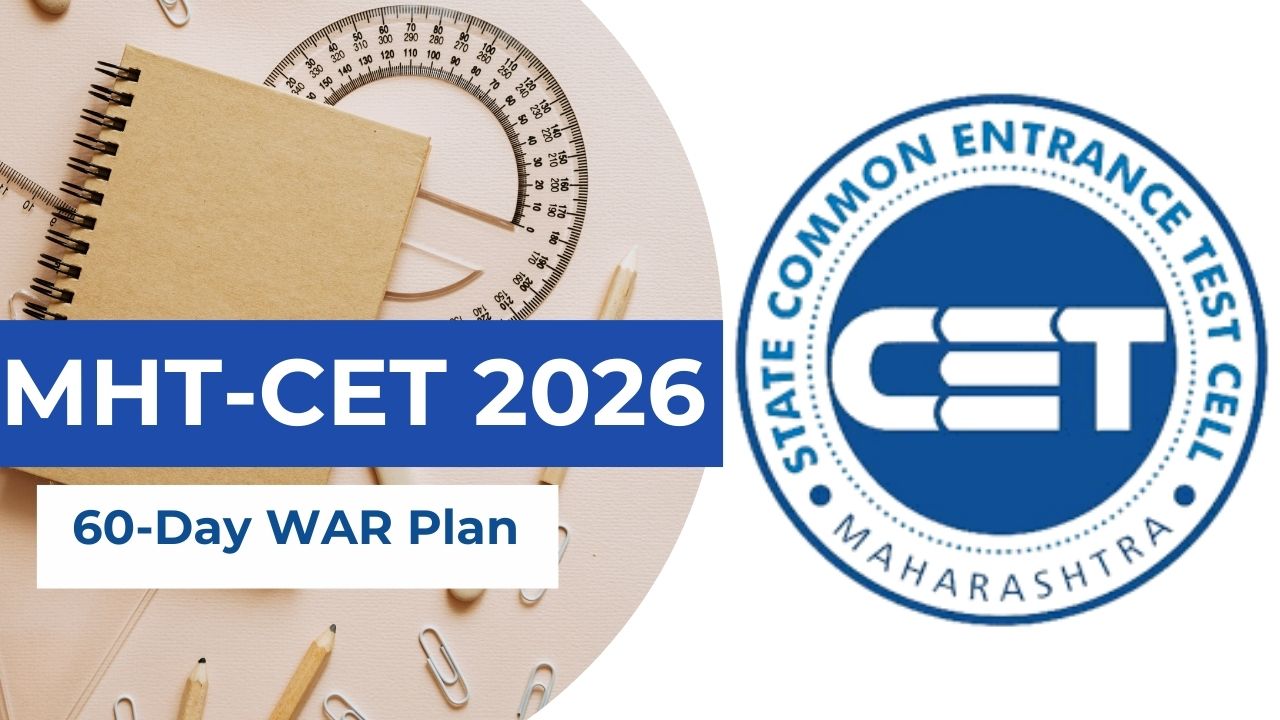

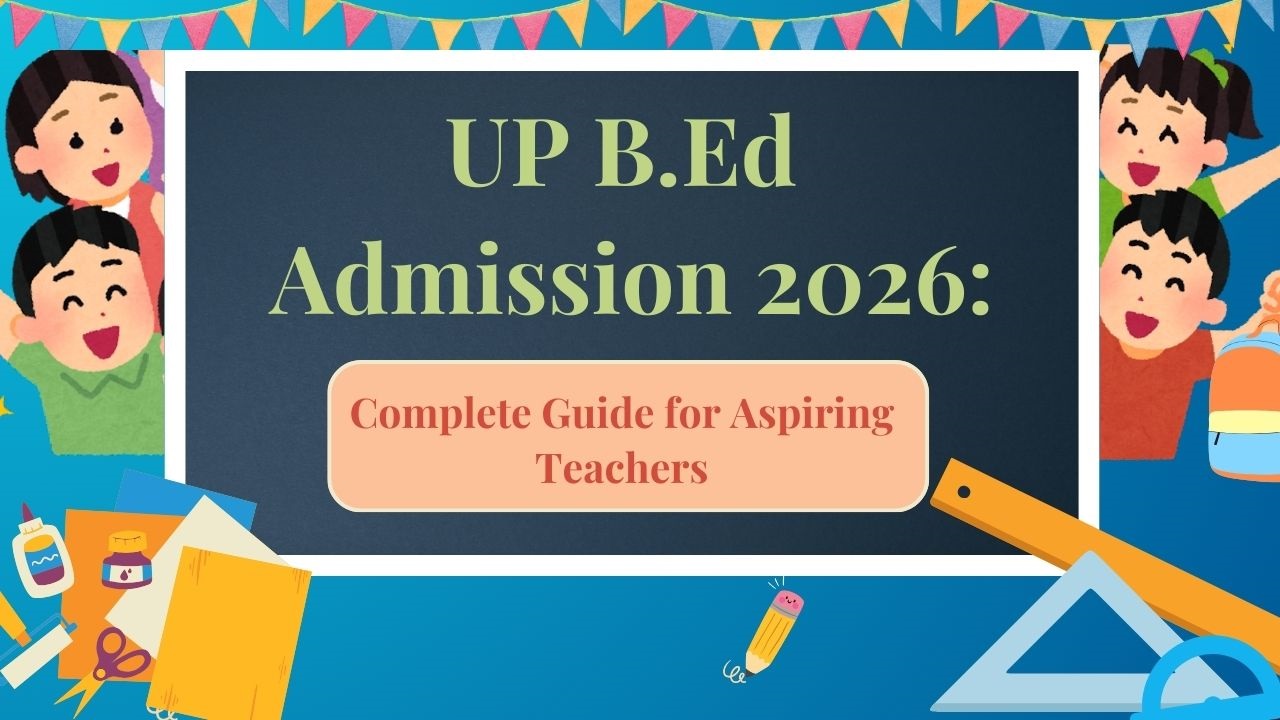
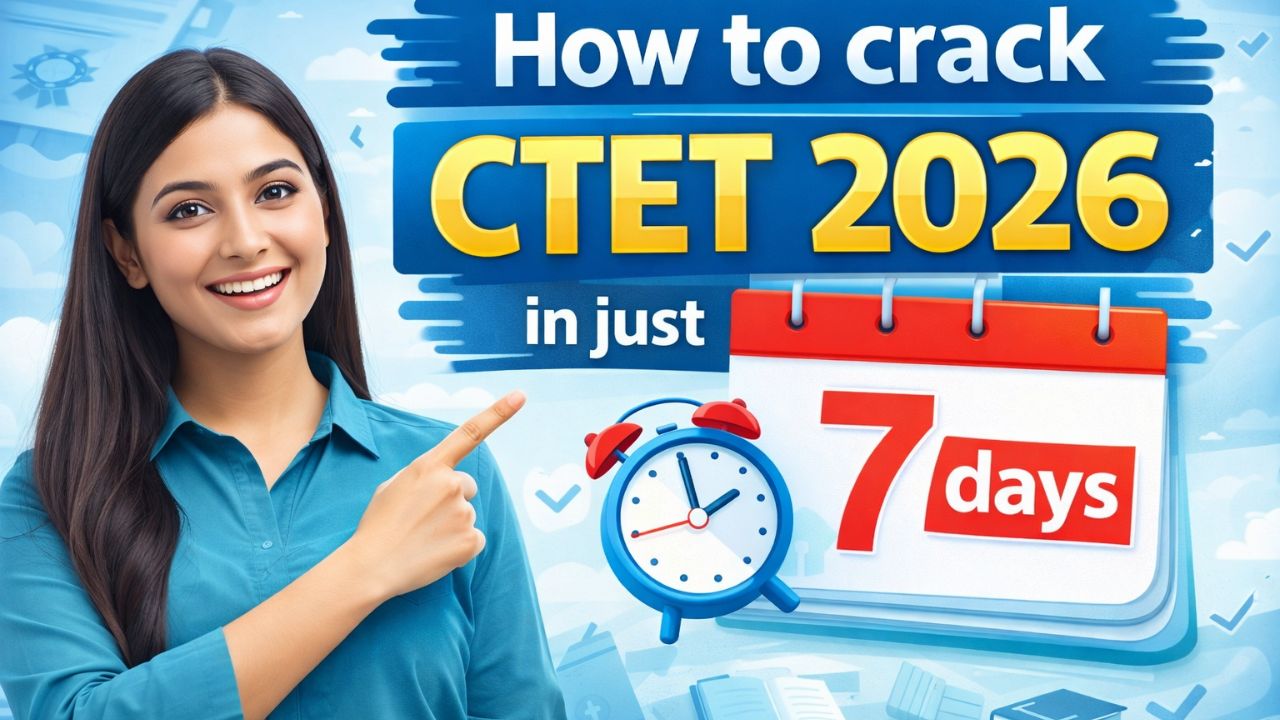
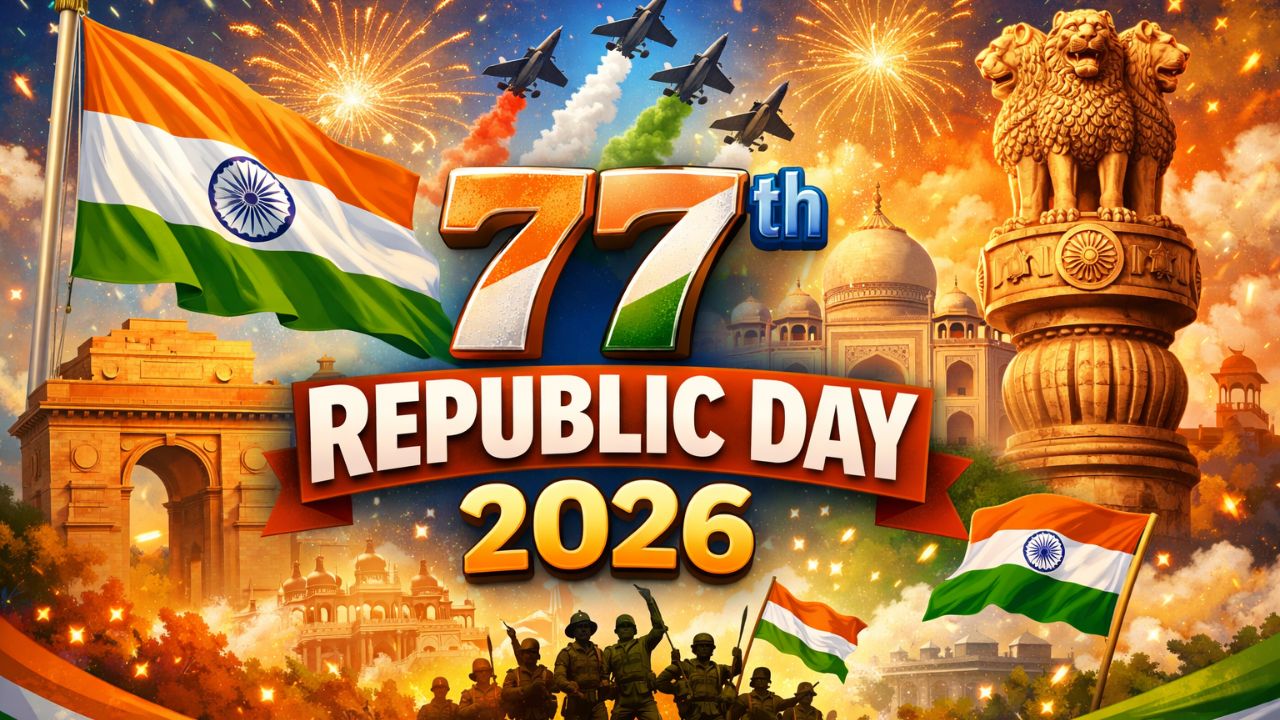


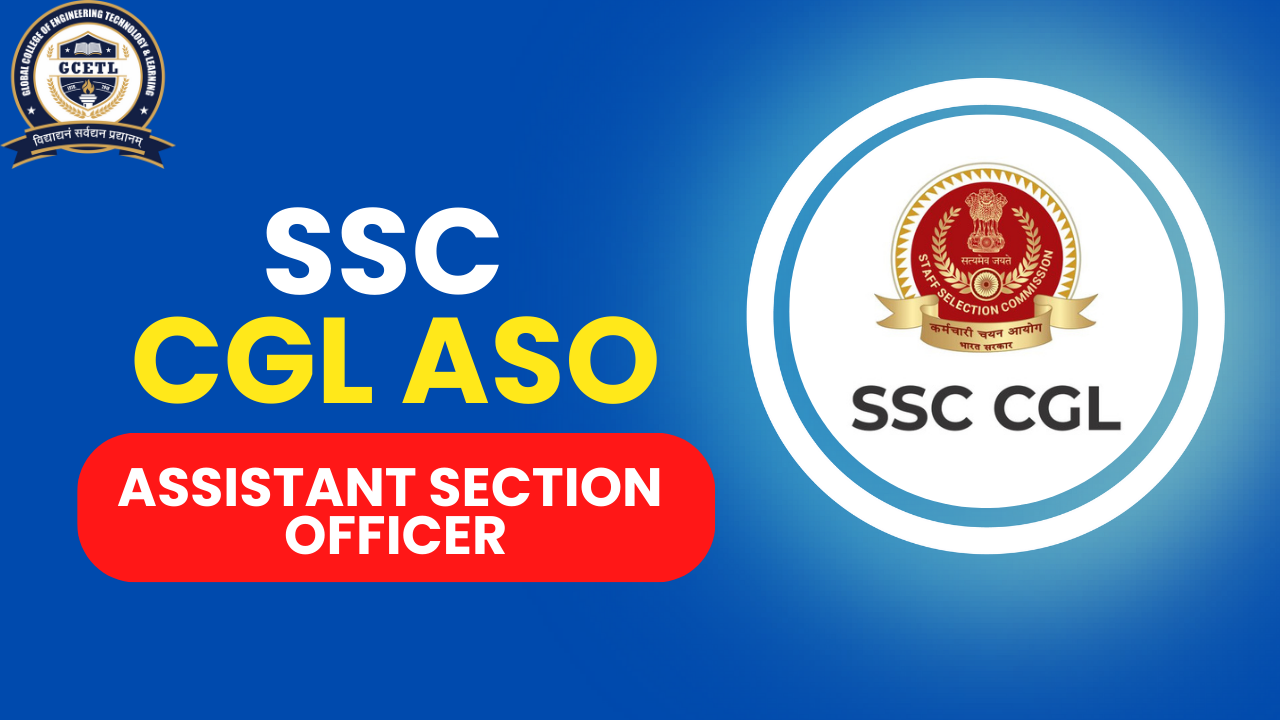
.png)








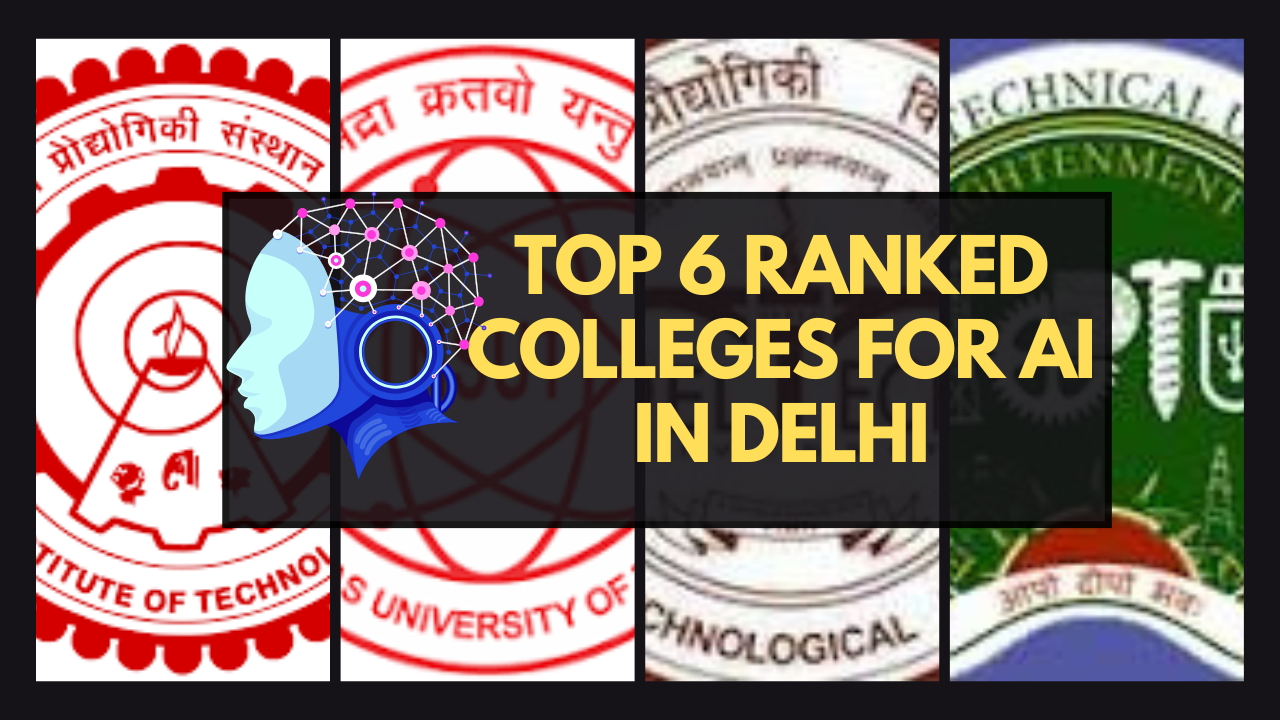


.jpg)


.jpg)




.png)







.png)

.png)




.png)

.png)
.png)



.png)

.png)


.png)

.png)


.png)

.png)

.png)
.png)

 (1).png)



.png)

.png)
.png)


.png)


.png)


.png)

.png)







.png)





.png)


.png)














.png)













.png)




.jpg)






.png)




.png)


.png)
.png)
.png)
.jpg)



.png)


.png)
.png)
.png)



.png)











.png)
.png)



.png)


.png)
.png)


.jpg)







.jpg)









.jpg)





.png)


.jpg)



Before venturing to seek career counseling, answer a few basic questions so we can connect you with our best expert counselor for personalised guidance and mentorship.
